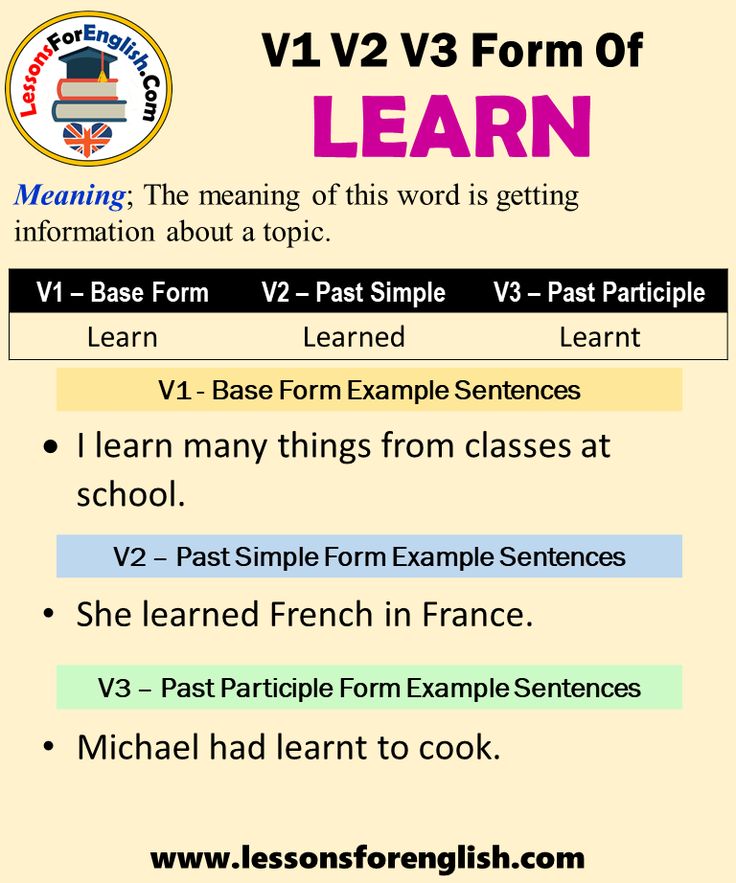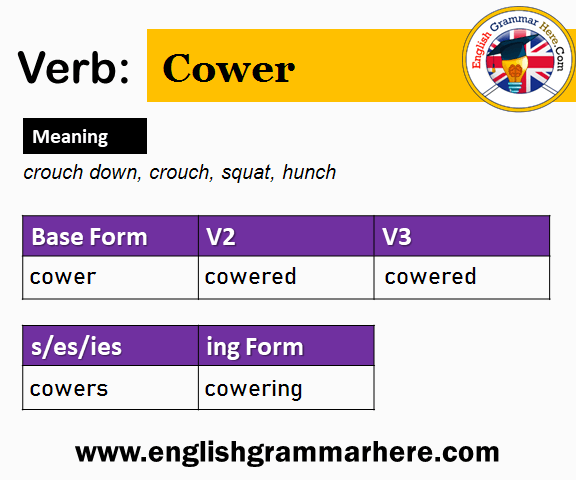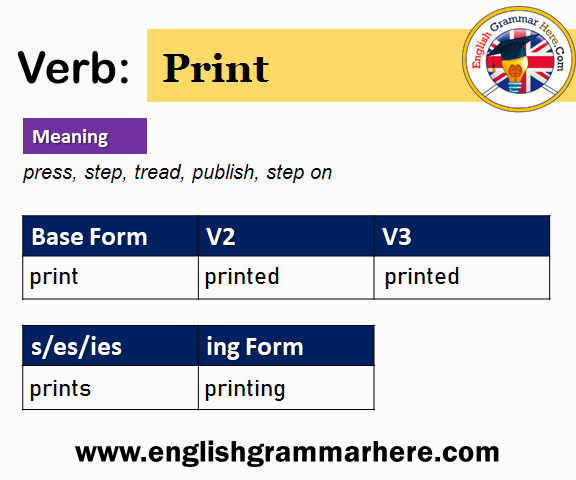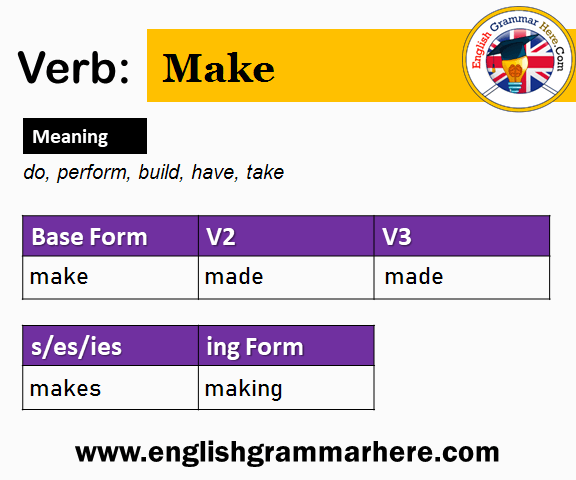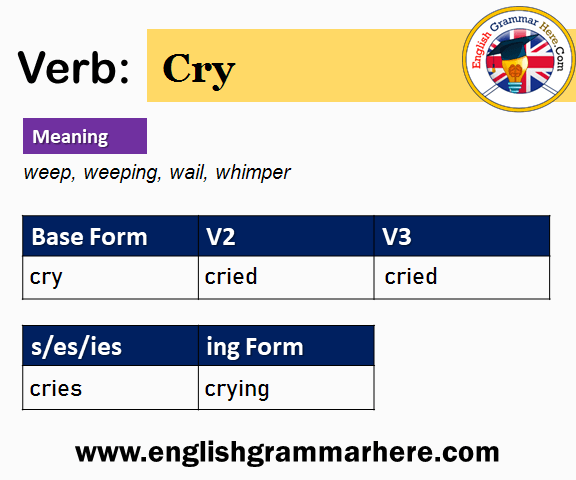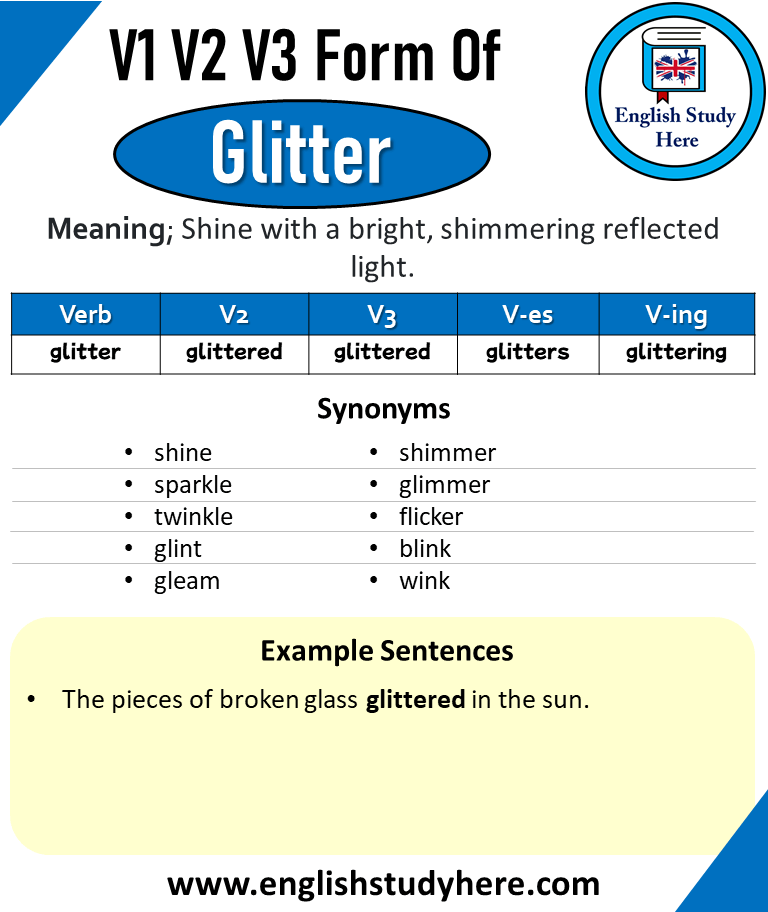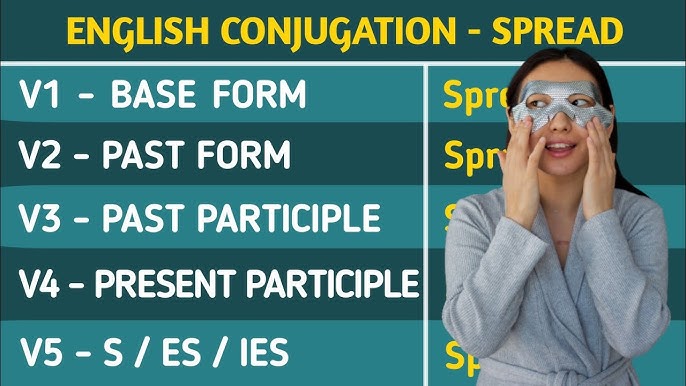Learn Past And Past Participle Form V1 V2 V3 V4 V5 Form of Learn
Are you struggling to master the different forms of the verb “learn”? You’re not alone.
Many English learners find the variations—V1, V2, V3, V4, and V5—confusing. But what if understanding these forms could be simple and clear? Imagine the confidence you’ll gain as you effortlessly use these verb forms in your conversations and writing. In this guide, we’ll break down each form of “learn” into easy-to-digest pieces.
You’ll discover practical tips and examples that will make these verb forms second nature to you. Ready to transform your learning experience? Let’s dive in and unlock the secrets to mastering the past and past participle forms of “learn. “

Credit: www.youtube.com
Verb Forms Of Learn
The verb “learn” changes form. These forms help show time. The base form is “learn”. The past simple form is “learned” or “learnt”. Both are correct. The past participle is the same as the past simple. So, “learned” or “learnt”.
The present participle is “learning”. It shows action now. The third person singular is “learns”. These forms help in speaking and writing. They make sentences clear. Using them is easy. Practice helps a lot.

Credit: in.pinterest.com
Usage In Sentences
Learn is a verb with different forms. The past form is learned or learnt. Both are correct. Use learned in American English. Use learnt in British English. The past participle is the same: learned or learnt.
An example sentence: “I learned new words yesterday.” Another example: “She has learnt to play piano.” These show past actions completed. Learning is the present participle. “She is learning now” means the action is ongoing.
The base form is learn. “I learn every day.” This shows a regular action. Learning is used for current actions. “He is learning English now.” For future actions, use will learn. “They will learn tomorrow.”
Common Mistakes
Many learners mix up the forms of learn. It’s easy to confuse V1, V2, and V3. The present is learn. The past is learned. Some say learnt, but both are correct. The past participle is also learnedor learnt. People often use the wrong form. This can make sentences sound odd. Be careful with V4and V5. These forms are learningand learns. They are used in present tense. Mistakes happen when writing quickly. It’s good to check your work. This helps avoid errors.

Credit: www.youtube.com
Conclusion
Understanding the forms of “learn” is crucial for English learners. It helps in constructing correct sentences. V1 is “learn,” V2 is “learned” or “learnt,” and V3 is also “learned” or “learnt. ” Regular practice will make these forms familiar. Use them in daily conversations for better retention.
This knowledge strengthens your English skills. It builds confidence in speaking and writing. Keep practicing the forms of verbs. Language learning is a journey, not a race. Enjoy the process. Happy learning!
